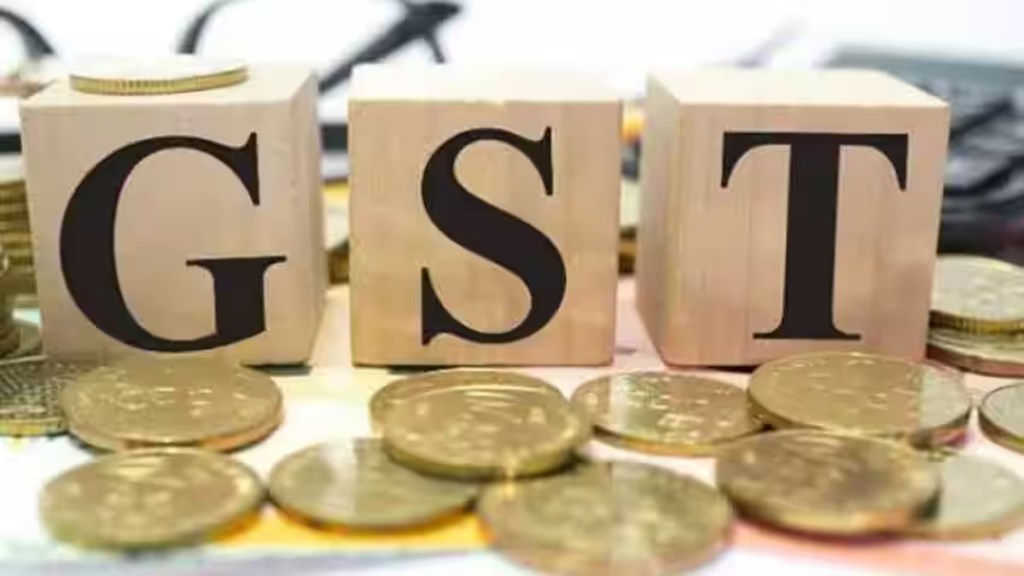The Group of Ministers (GoM) panel on GST compensation cess is set to meet on October 16 in the national capital to discuss the future of the levy post-March 26, according to sources privy to the matter.
The panel is likely to debate whether the cess should continue to be levied in a separate manner after FY26-end, or be subsumed into a higher tax bracket, the sources told FE.
During the 54th GST Council meeting on September 9, Finance Minister Nirmala Sitharaman had indicated that the government aims to fully repay the loan taken to meet the shortfall in GST compensation kitty, including interest, by January 2026. This could result in a surplus of approximately Rs 40,000 crore from cess collections for February-March 2026.
The Council had preliminary discussions on the need for a “comprehensive deliberation” on the future of compensation cess. It had constituted a GoM to make a taxation proposal to “replace the compensation cess after its abolition”.
The GoM was set up under the convenorship of Minister of State for Finance Pankaj Chaudhary. It has ten members, including Harpal Singh Cheema, Minister of Finance, Punjab; Om Prakash Choudhary, Minister of Finance, Chhattisgarh; and Chandrima Bhattacharya, Minister of Finance, West Bengal.
The GST compensation cess was introduced by the central government to fulfill its commitment to the states, ensuring a 14% compound annual growth rate (CAGR) in tax revenues for five years following the GST implementation. While the compensation payments to the states officially ended in June 2022, the scheme was extended until March 2026 to help repay a Rs 2.7 trillion loan taken by the Centre during the pandemic to cover revenue shortfalls.
FE had reported earlier, citing official sources, that as most states are not keen to let go of revenues, the compensation cess will likely be retained beyond FY26, by when the compensation-related loans and interest would likely be fully repaid. However, the cess would be “re-branded” with a newly defined end use. Under the Constitution, a cess can be levied for specified purposes only, and the proceeds from such imposts should be credited to a designated fund.
Krishan Arora, partner, Grant Thornton Bharat said that continuity of compensation cess remains a debate amongst all stakeholders. “The central government has an important task to ensure the right balance between fiscal stability for states on one hand and the overall economic impact and industry competitiveness on the other.”Saloni Roy, partner, Deloitte India said that in case the GoM considers applying additional taxes on the goods falling under 28% bracket schedule, then such revenue will be apportioned between the Centre and states. “However, if a new cess is introduced, such revenue will belong to the Centre,” she added.

